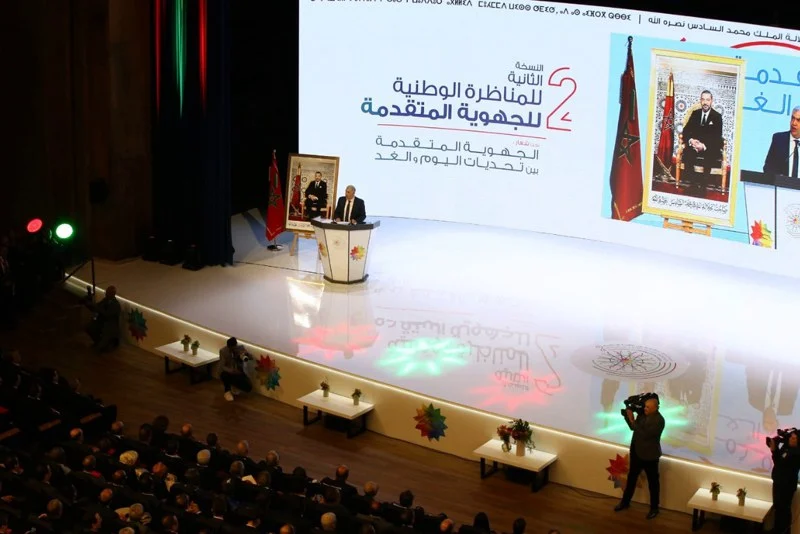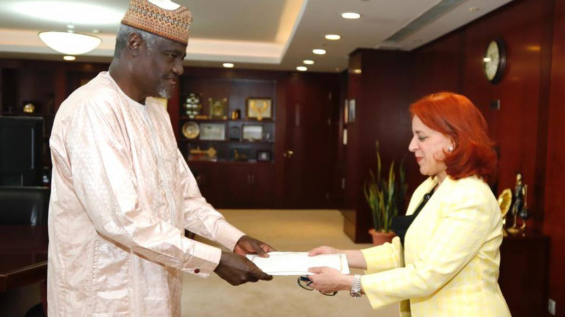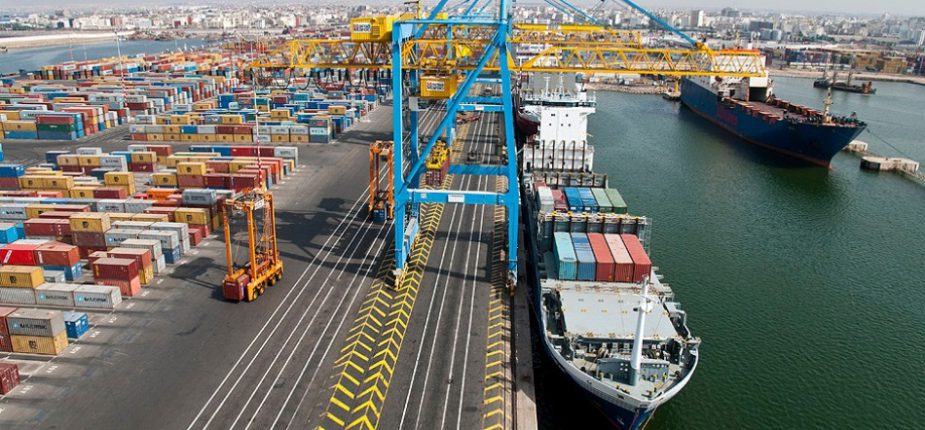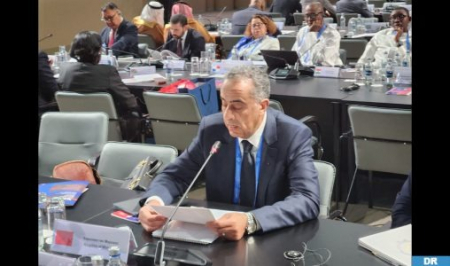Managing the water stress crisis, developing the transportation and mobility system, and adhering to the digital transition process are among the challenges and risks that must be tackled because they hinder development efforts in the Kingdom’s regions, King Mohammed VI said.
“Needless to say, water stress is a challenge for all stakeholders, regions and local governments included. The latter are called upon to deal with the situation in a serious way and exert the necessary concerted efforts”, the Sovereign stressed in a message addressed to the participants at the 2nd National Conference on Advanced Regionalization, held on December 20-21 in Tangier, under the theme “Advanced regionalization: meeting today’s and tomorrow’s challenges.”
To this end, it is necessary not only to provide the water infrastructures needed, important as they are, but also to establish good water governance to enhance the integrated approach in public water policy, the King underlined in this message, read out by the Interior Minister, Abdelouafi Laftit.
“Indeed, properly tackling water stress is a key entry point for the achievement of sustainable local and regional development,” the Sovereign added, calling on the Regions and the rest of the local governments, “each in their field of competence and within their specific powers as well as those shared with other stakeholders, to launch more ambitious programs and initiatives within the framework of a national strategy for water conservation at the regional level. They are also expected to contribute to implementing that strategy through effective procedural measures.”
Regarding the development of the transport and mobility system to achieve integrated regional development, the King noted that this sector will quickly develop in the next few years.
“The reason for this is the growing dynamism of our country as a regional hub that attracts investment, not to mention the large-scale projects launched as part of our country’s preparations to host the 2030 football World Cup,” the Monarch said.
Highlighting the importance of developing a comprehensive and sustainable transportation system, the King underlined that this is now a basic requirement for achieving integrated regional development, and a key entry point for reducing spatial and social disparities at regional level.
“To achieve this goal, regions and local governments are expected to contribute to developing this sector, and accompany the efforts made by the state in this regard.”
Referring to the digital transition at local regional levels, the King emphasized that it is now required for these authorities to keep pace with the technological revolution the world is witnessing today.
“Indeed, one can hardly imagine a regional or local development process without digital development, especially since digital technology has been playing an increasingly important role in the management of local and regional affairs,” the king argued.
Reaffirming the keen interest he takes in the strategic plan of Advanced Regionalization, the King recalled that the first National Conference provided an opportunity “to adopt the regulatory framework that enables regions to exercise their own powers as well as other shared prerogatives.”
That framework, based on a participatory approach, anticipates prospects for cooperation and partnership between all the parties concerned, the King continued.
In this respect, the King expressed hope that the second edition of the Conference would be a chance to “take stock of what has been achieved with respect to implementing advanced regionalization, and to consolidate positive interaction between all the stakeholders concerned, including government officials, representatives of public institutions and elected officials, on matters of common concern relating to the optimal implementation of advanced regionalization.”
“I also hope you will identify the most effective ways to make advanced regionalization a lever for economic and social development,” the King asserted, noting that this will help address development challenges, unequal growth, and regional disparities.



